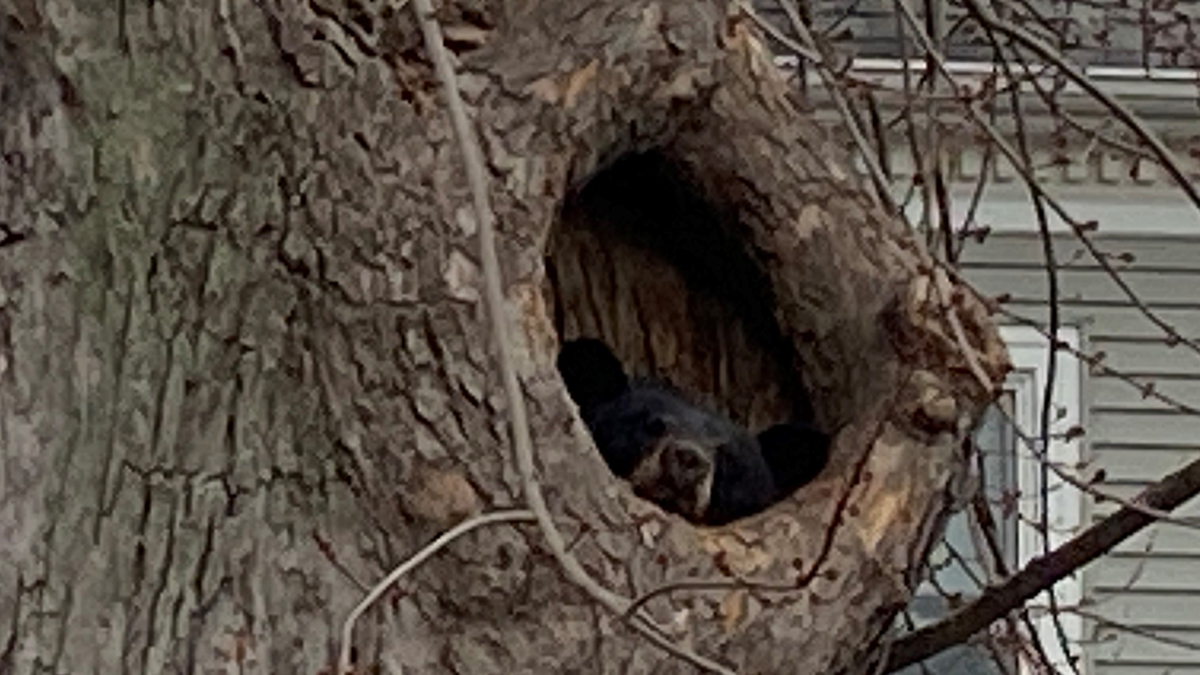The Connecticut Department of Energy and Environmental Protection (DEEP) is urging residents to follow a variety of practices to reduce the likelihood of bear-related conflicts.
Conflicts with bears are becoming more common in Connecticut with them being spotted in cities and towns all over the state.
Bear home entries specifically are on the rise, with DEEP documenting nearly 40 of them across 16 towns.
Connecticut’s number of bear home entries has risen far higher than those reported in neighboring states with larger black bear population such as Massachusetts.
The rise in bear home entries is due to their consumption of human-associated food, such as birdseed, trash and pet food, on a regular basis.
These bears have become comfortable around people and associate them with food. In their search for food, they often cause property damage to homes and cars, or attack pets and livestock, DEEP said.
The best way to avoid this is to prevent bears from ever getting a taste of human-associated food.
“Bears lose their natural fear of people when they eat food from trash, birdfeeders, grills, or other human sources, causing them to spend more time in neighborhoods and near people, creating public safety risks and increasing the possibility that the bears may be hit and killed by vehicles,” Jenny Dickson, DEEP Wildlife Division director, said.
“Never feed bears – don’t be the reason your family or neighbors are put in a dangerous situation. Please do your part to keep both bears and people safe,” she added.
Several practices recommended by DEEP for reducing the likelihood of an encounter with a bear can be found on the Living with Black Bears section of their website.
“Every resident has a role to play in protecting our communities. Be a good neighbor – keep people safe and keep bears wild,” DEEP Commissioner Katie Dykes said.
